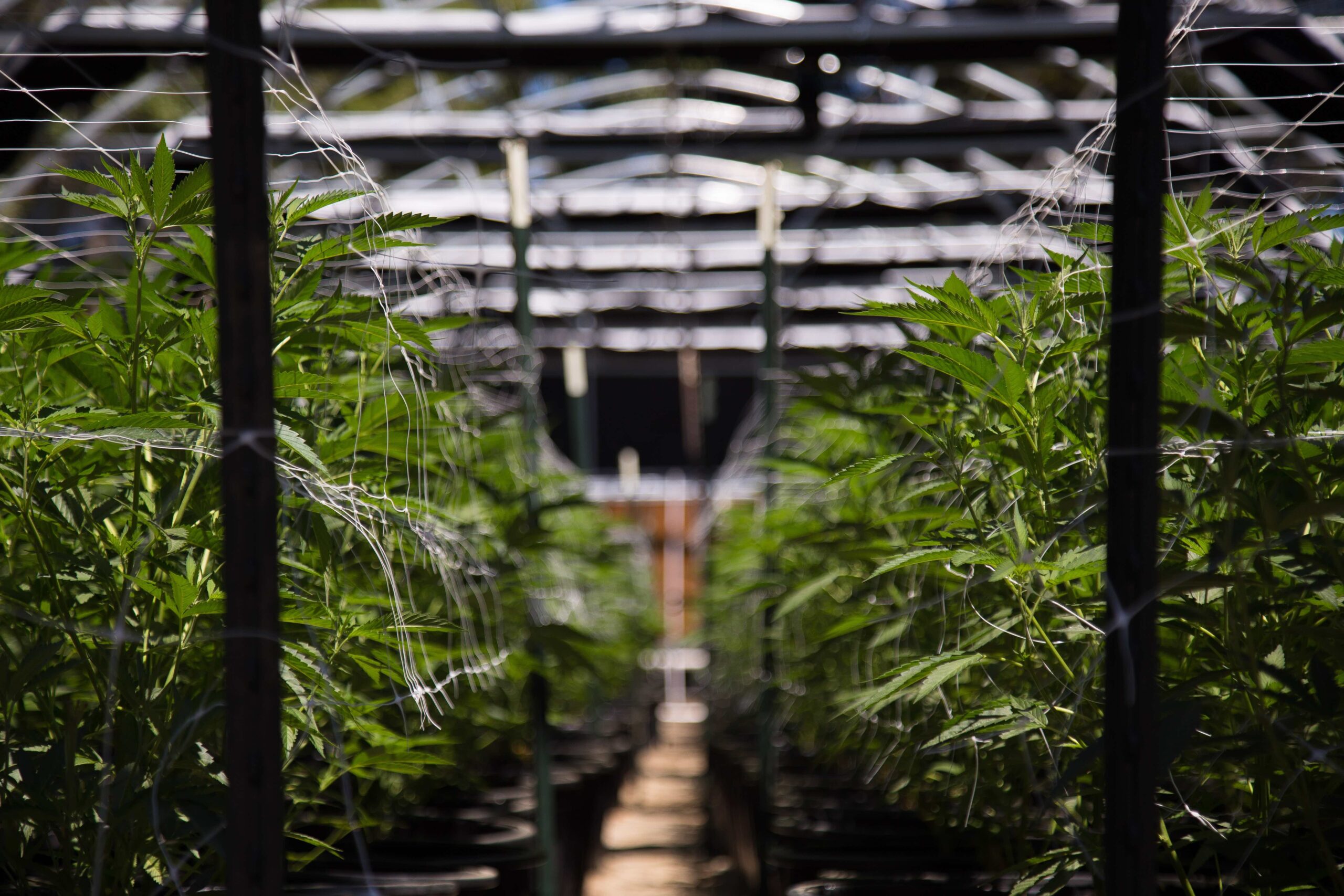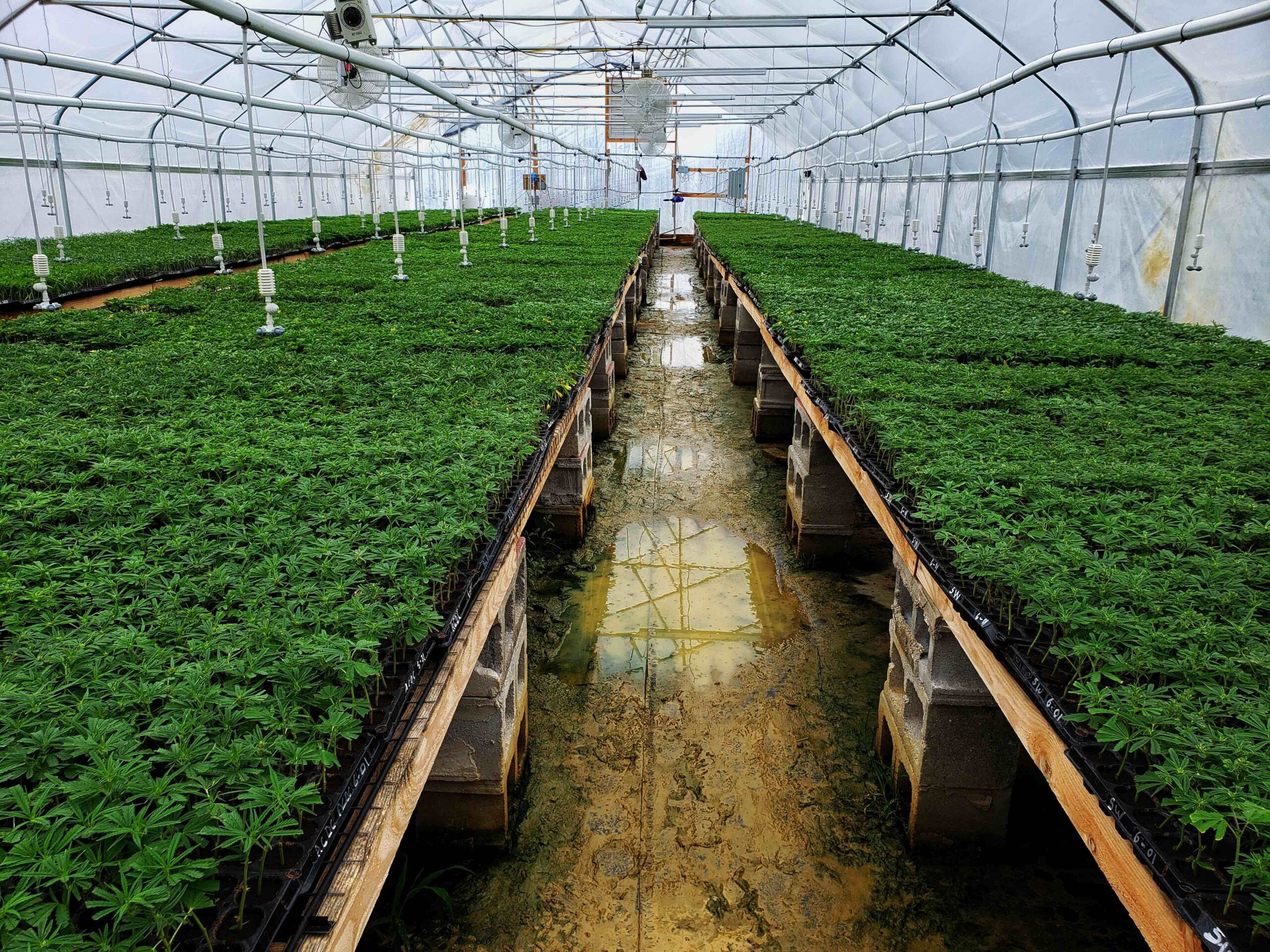While President Ramaphosa has stated that government is committed to supporting the industrialisation of the cannabis and hemp industry – and enabling it to realise its “huge potential for investment and job creation” – the legal context within which small-scale farmers have to operate is making it difficult for them to enter into the sector. Laws governing the cultivation of cannabis and hemp remain strenuous and restrictive, raising barriers to entry and making it difficult for independent producers to participate equitably in the cannabis economy.
Cannabis and hemp were legalised for medicinal and personal use in September 2018 but government’s staggered approach to introducing appropriate legislation and regulation since then is posing many challenges.
“The most significant of these is that it makes it difficult for small-scale farmers to cut through the red tape surrounding cannabis and hemp production and to set up viable agricultural businesses,” says Brian van Rooyen, CEO of Labat Africa Group, which counts Labat Healthcare as one of its subsidiaries.
First established as an investment holding company in 1995, Labat made the decision to transition to a fully integrated cannabis business in 2019, taking a strategic decision to focus on healthcare, wellness, and industrial hemp production.
The company, which is listed on the Venture Capital Market of both the Johannesburg and Frankfurt Stock Exchanges – and was one of the first B-BBEE entities to be listed – undertook a complete repositioning strategy four years ago and has since made a number of acquisitions in the cannabis space. It has also entered into strategic partnerships in order to reach its goal of becoming a market leader in the medicinal cannabis and industrial hemp markets.
“The limited roll-out of farming permits and the land space allocation are major problems,” says van Rooyen. “Although the President gave the go-ahead for these to be issued in 2020, little is happening and, without permits, and viable hectarage of land area, cannabis and hemp farmers cannot go ahead and plant with confidence of market and downstream feasibility.”
One of the biggest concerns is the lack of clarity on whether smaller farmers will be left behind if the government eventually delivers on its promise to industrialise the production of cannabis. This, says van Rooyen threatens to be a lost opportunity.
In a healthcare and pharmaceuticals alert in June 2022, Cliff Dekker Hofmeyr noted that South Africa’s potential role as a global player in the medicinal cannabis market should not be underestimated. The heart of the issue says the firm is that while the latest draft of the Country Investment Strategy (CIS), issued by the Presidency on 27 May 2022, recognises cannabis and hemp as legally and globally traded agricultural commodities, it nevertheless demonstrates that the state still regards the commercial cultivation of cannabis ‘for recreational use’ as a highly uncertain value proposition.

Close up of Cannabis Cultivation
“This, of course, is missing the point,” says van Rooyen. “Through the use of world-class scientific processes, strategic partnerships with market leaders, the best available medical skills, advanced technologies and new formulations, cannabis can have many applications in medicine and healthcare.”
Labat Healthcare was, in fact, specifically set up to develop the potential of cannabis in medicine and healthcare. A further subsidiary, Biodata, has already started setting up a R&D facility, at the Sweet Waters Cultivation facility in the Eastern Cape, where it aims to maximise the potential of cannabis as an input and to increase the economies of scale in medicinal cannabis both on the African continent and around the world.
The company’s long-term vision is to become a leading Active Pharmaceutical Ingredient (API) and medical cannabis oils company in Africa through its commitment to investing in the right people, leading technologies, and a future-focused shareholder wealth-creation strategy. Sweet Waters will continue to focus on producing medicinal-grade cannabis flower, THC and CBD oils, a range of concentrates, and a comprehensive range of APIs, for export and research.
“Many research papers, studies and trials have demonstrated the medicinal benefits of cannabis in the treatment of medical ailments,” says van Rooyen, “and our main focus will be to develop APIs for use in cancer related and chronic pain, multiple sclerosis, ADHD and epilepsy.”
But small-scale South African farmers are in danger of being left behind as the industry grows. This is why Cliff Dekker Hofmeyr has recommended that a supportive legal framework be developed as a matter of priority; a framework which not only opens up opportunities for local farmers, but which streamlines export-scale production through clear, sensible regulation of medicinal cannabis and provides for the mobilisation of capital to support the industry.
The Catch 22 as things stand is that the South African Health Products Regulatory Authority (SAHPRA), the state body that regulates the medicinal cannabis market, only issues permits to produce and sell cannabis after applicants have established fully compliant cultivation, processing, extraction and/or testing facilities and are audited by SAHPRA in accordance to strict quality control cultivation and security protocols.

Greenhouse filled with young hemp plants ready to be sold to farmers converting from produce crops to cannabis for more profit. Commercial hemp farming to produce CBD oil and other products.
“This naturally favours large-scale producers that have the capital to get started,” says van Rooyen, “but leaves independent producers out in the cold. Given that small-scale farmers produce approximately a third of the world’s food crops – and can arguably produce a similar proportion of South Africa’s potential cannabis crop – this is profoundly short-sighted.”
Labat and other interested and affected parties are lobbying for government to take a closer look at the legislative and regulatory framework for the cannabis industry and to take these issues into account.
“Without a viable model for small-scale producers, especially in KwaZulu-Natal and the Eastern Cape, there is an imbalance in the dynamics between big businesses, which have significant capital to invest, and Indigenous farmers who have so much to contribute to the industry.
“Apart from anything else, empowering independent producers and entrepreneurs is in line with the United Nations Sustainable Development Goals and our National Framework for Sustainable Development. If South Africa aspires to be a sustainable, economically prosperous, and self-reliant nation state that safeguards its democracy by meeting the fundamental human needs of its people, imbalances like these can’t be left unattended. They must be addressed – and without delay.”
Source: Black Orange South Africa









